France is home to every type of landscape and habitat imaginable, with it’s many regions boasting lots of lovely countrysides, beautiful river valleys, and some incredible mountain scenery in the shape of the Alps, Massif Central, and the Pyrenees.
As well as being home to a long and scenic coastline, France is awash with history. Cities such as Lyon, Nice, Strasbourg, and of course, its capital of Paris are just some of the must-see sights.
In this post, we'll cover:
Auvergne-Rhône-Alpes
Bordering both Switzerland and Italy in the southeast of the country, the large region of Auvergne-Rhône-Alpes is home to a diverse range of landscapes, each more beautiful than the last. As such, there is loads to see and do.
In the west, for instance, you can find the Massif Central, which boasts volcanic mountains and a plethora of lovely little churches. This gives way to the Rhone Valley with all its majestic vineyards and the gleaming city of Lyon. In the east, the French Alps rise dramatically before you.
Alongside the main cities of Lyon, Grenoble, and Annecy, the region is dotted with charming towns and mountain villages. Chamonix and Samoens are two popular gateways to the Alps and offer fantastic hiking, climbing, and skiing. One unmissable sight is Mont Blanc – the highest summit in the EU – although massifs such as Vanoise and Vercors are also spectacular.
Bourgogne-Franche-Comté
Full of delightful historical towns and cities, beautiful scenery wherever you look, and wonderful wineries, Bourgogne-Franche-Comté in the central-eastern region of France is a lovely place to visit; the only question is where to begin.
Due to its varying landscapes, you can squeeze a lot of sightseeing into a short period. Take a memorable Burgundy wine tour through the picturesque countryside and vineyards in the west before traveling past scenic lakes, forests, and rivers on the way to the impressive Jura mountains, which are located in the east on the border with Switzerland.
History and culture are also abundant in the region, with lots of centuries-old towns and villages for you to check out. Auxerre, Besancon, and Sens are some of the most impressive, boasting a number of churches, castles, and manor houses.
Brittany
Jutting out into the wild, wet waters of the English Channel and the Bay of Biscay, it should come as no surprise to learn that Brittany has a delightfully rugged coastline for you to explore. The region is also renowned for its Celtic heritage, which is very distinct from the rest of France.
While Brest, Lorient, and Rennes are the main cities, the region has many quaint little towns and villages for you to discover. In the summer, a number of them host local events and festivals that display the region’s unique cultural heritage, with some parts speaking Gallo and others Breton.
Away from its fascinating cultural makeup and local customs, Brittany has some lovely hiking trails and coastal paths for visitors to enjoy. Along the rocky coast, you’ll find scenic fishing villages and beautiful beaches, while offshore lie some wild and remote islands, such as Belle-Ile and Ile-aux-Moines.
Centre-Val de Loire
Located just south of Paris in the center of the country, Centre-Val de Loire is mostly made up of rolling farmland and vineyards. It is named such because the majority of its territory encompasses the scenic valley through which the Loire river runs.
In addition to its peaceful and pretty countryside, the region boasts lots of impressive historic towns, with Orleans and Tours the pick of the bunch; they both have lovely cathedrals, as well as charming old towns full of picturesque old buildings.
The scenery along the banks of the Loire is particularly delightful, and the region is full of fantastic old chateaux & castles. Those at Angers and Chambord have lavish gardens, which are lovely to wander around in the summer sun.
Corsica
Lying in the Mediterranean Sea southeast of France and just above Sardinia, the island of Corsica is awash with stunning scenery. Along with its incredible landscapes and wealth of historical sights, it is also blessed with a year-round sunny climate.
As such, it is a great place to visit. Its rugged mountains lend themselves perfectly to hiking and climbing, while its scenic coastline is lined with brilliant beaches for you to enjoy. The sparkling Mediterranean waters are ideal for scuba diving, windsurfing, sailing, or swimming.
History also abounds in Corsica. Ajaccio – Napoleon’s birthplace – has lots of monuments and memorials dedicated to him, while Bastia has a beautiful old harbor and citadel for you to check out. Due to the island’s turbulent past and separatist tendencies, many of its cities are heavily fortified, so there are lots of cool castles and citadels to explore.
Grand Est
Bordering Belgium, Luxembourg, Germany, and Switzerland in the northeast of the country, the Grand Est region is fascinating to visit. It displays such an intoxicating mix of Gallic and Germanic influences in everything from its architecture and local customs to food and language.
There are a plethora of great things to see and do in the region. Among its most popular attractions are the Ardennes and Verdun battlefields, drinking champagne in the Grand Est’s fantastic vineyards and wineries, and taking a scenic cruise along the Rhine river.
While the region mostly consists of rolling hills and farmland, the Vosges mountains in the east make for some great hiking. Strasbourg, Colmar, Metz, Reims, and Troyes are just the tip of the iceberg in terms of the Grand Est’s beautiful cities and towns.
Hauts-de-France
The northernmost region in France, Hauts-de-France is renowned for being the setting of one of the First World War’s most brutal battles – the Battle of the Somme. The region is full of war cemeteries, memorials, and sprawling battlefields.
Away from its turbulent and tumultuous past, the region has some pretty towns and cities, such as Amiens and Montreuil. Because much of Hauts-de-France used to be very industrial, you’ll also see this side of its past in cities like Lille and Calais. From time to time, you’ll pass abandoned mines and slag heaps.
Due to this and the brutal toll the World Wars exerted on the region, it is often overlooked by tourists; this means you can see the authentic side of France without the crowds, as it is home to some beautiful countryside, excellent beaches, and lots of interesting historic sights and cities.
Île-de-France
While the region is dominated by Paris, which lies at its heart and is the thriving cosmopolitan capital of the country, Ile-de-France actually has much more to offer. Versailles, Disneyland, and Fontainebleu are just some of the fantastic sights that lie in the surrounding area.
The main draw is, of course, Paris. The elegant city is bursting with incredible sights, such as the Eiffel Tower, the Arc de Triomphe, and Notre-Dame de Paris, as well as magnificent museums such as the Louvre and impressive art galleries like Musee d’Orsay and Centre Georges Pompidou.
Apart from its urban sprawl in the shape of its ever-expanding banlieues, the region boasts some fantastic nature; forests, rivers, and parks all lie just outside of Paris. Provins and Roissy are just two of the small historic towns nearby which are well worth checking out.
Normandy
With scenic chalky cliffs, desolate marshland, and beautiful beaches lining its long coastline along the English Channel, Normandy is a breathtakingly beautiful place to visit and is home to a diverse array of landscapes and habitats.
As it was once the center of a thriving medieval empire, the region boasts an incredible heritage. There really are a myriad of fascinating historical sights and cultural landmarks for you to discover. Lots of castles, cathedrals, churches, and abbeys are dotted around the place. Rouen, Le Havre, and Mont Saint-Michel are its most impressive cities, with the latter being one of the country’s most recognizable landmarks.
Over the centuries, Normandy too has seen its share of strife; this is best exemplified by the D-Day beaches where you can find lots of memorials and cemeteries. On a brighter note, the region is also the birthplace of the famous Impressionist painter Monet. His former country home of Giverny is home to beautiful gardens which you can visit.
Nouvelle-Aquitaine
The largest region in France, Nouvelle-Aquitaine is a captivating place to explore. It stretches from the Pyrenees in the south to the lovely Loire Valley in the north, and from the wild Atlantic coastline in the west to the towering Massif Central in the east.
As such, there is loads of stunning scenery to enjoy. Depending on where you go, you’ll come across picturesque countryside, sprawling forests, vineyards, and sleepy river valleys with lots of charming towns and villages dotted in between.
Among all the glorious nature, you can find historic cities such as Bordeaux and Limoges, as well as the delightful seaside towns of Biarritz, La Rochelle, and Royan which boast a wide range of great watersports. Nouvelle-Aquitaine really does have it all, boasting the perfect combination of history, culture, nature, and exhilarating outdoor activities.
Occitanie
Framed by the spectacular scenery of the Pyrenees mountains to the south and the glimmering waters of the Mediterranean to the east, Occitanie is full of incredible natural bounties.
While vineyards, farmland, and rustic villages dominate much of the region, the wild beauty in Cevennes and the Parc National des Pyrenees is simply stunning, and there is lots of great hiking and mountain climbing available.
History too is never far away in Occitanie; while its main cities of Toulouse and Montpellier are both pleasant to explore, the real star attractions are the fortified medieval town of Carcassonne, the Roman ruins at Nimes, the pilgrimage site of Lourdes, and the charming old town of Albi.
Pays de la Loire
A very diverse region to explore, Pays de la Loire stretches from the Bay of Biscay and its long scenic Atlantic coastline to the Loire Valley, which is full of Renaissance Chateaux, lavish gardens, and stunning scenery.
The region is awash with history; while traveling around its charming countryside, you’ll come across old castles and manor houses galore, with the historic towns of Saumur and Guerande particularly attractive, alongside the larger cities of Nantes and Angers.
While its pretty coastline, seaside towns, and fishing villages are all popular, it’s the Loire Valley that is the region’s main attraction, and with good reason too: it is bursting with fantastic chateaux, cultural landmarks, vineyards, and much, much more.
Provence-Alpes-Côte d’Azur
Home to the glorious French Riviera, the Provence-Alpes-Côte d’Azur region in the southeast of France is a land of contrasts; it sports both the glitzy Cote d’Azur and the gritty port city of Marseille, as well as the French Alps in the north.
While many holidaymakers come for its magnificent coastline and the lovely cities of Nice, Cannes, and Saint-Tropez, the region is dotted with delightful spots. The majestic Verdon Gorge, for instance, is ideal for kayaking, hiking, and climbing. The picturesque Provencal landscapes attract just as many people, and it is at Aix-en-Provence that Paul Cezanne painted some of his most famous artworks.
As well as relaxing at the coast and skiing in the towering mountains, visitors can also learn more about the region’s fascinating history in cities such as Arles and Avignon, with the latter having been home to the popes in the 14th and 15th centuries.
Overseas
While most of France is located in Western Europe, it does have some overseas territories; these are scattered around South America and the Atlantic, Pacific, and Indian Oceans.
French Guiana
Nestled between Brazil and Suriname in South America, French Guiana borders the Atlantic Ocean, and most of it consists of breathtaking wild and untouched rainforest.
While various rivers and small mountains are found dotted here and there, only the flat plains of the coast have really been settled, with Cayenne and Kourou the main cities.
Guadeloupe
Located in the eastern Caribbean, Guadeloupe is made up of a group of islands that are renowned for their outstanding natural beauty. While traveling around, you’ll come across glorious sandy beaches, volcanic mountains, gleaming waterfalls, endless forests, and a host of other amazing experiences.
While Basse-Terre and Grand-Terre attract the most visitors, the pristine habitats of other islands are also well worth visiting. There are loads of great outdoor activities on offer, as well as some fantastic scuba diving and snorkeling.
Martinique
The Caribbean island of Martinique is a top-rated tourist destination, and it’s easy to see why: it is blessed with beautiful beaches, a scenic coastline, and a forest-coated, mountainous interior.
As such, it offers up the best of both worlds; you can either relax on the beach or hike in the mountains. Its mix of French and Caribbean culture makes its cities – such as Fort-de-France, Sainte-Anne, and Saint-Pierre – well worth visiting.
Mayotte
Located in the Indian Ocean just off the East African coastline, Mayotte is a tropical island that is full of ancient volcanic peaks and dramatic ravines.
It is a nature lover’s dream; visitors can hike to the top of Mont Choungui, take a trip to see the rare brown lemurs, or go scuba diving in the world’s largest lagoon, which is adorned with stunning coral reefs and abundant marine life.
Réunion
Lying to the east of Madagascar in the Indian Ocean, the tropical island of Reunion has an incredible array of natural sights for you to enjoy. Its white sandy beaches contrast delightfully with the plethora of volcanic peaks and breathtaking mountain scenery.
Saint-Denis and Saint-Gilles are two of its most popular towns to visit; from them, you can easily arrange to go hiking in the verdant nature all around you, or go snorkeling and scuba diving in the glittering Indian Ocean.


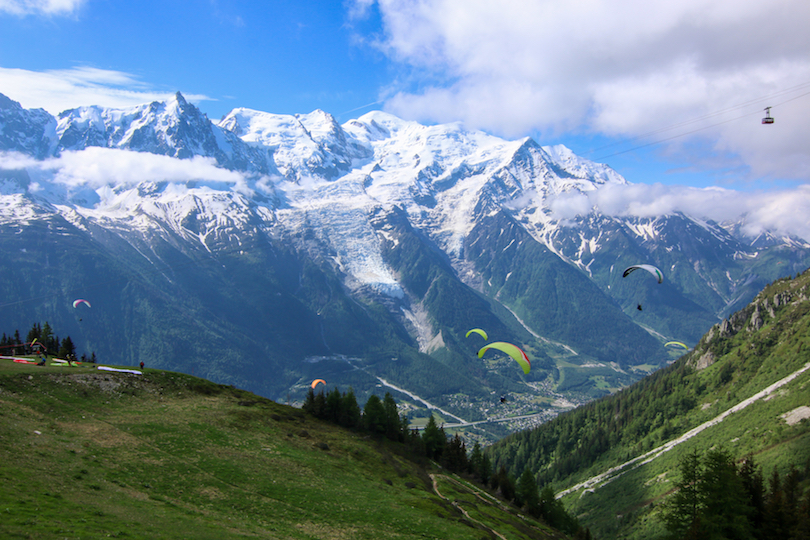
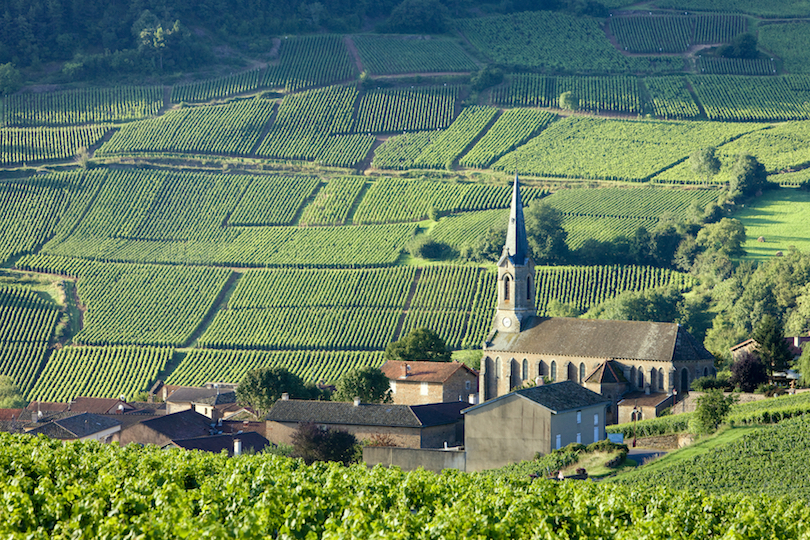
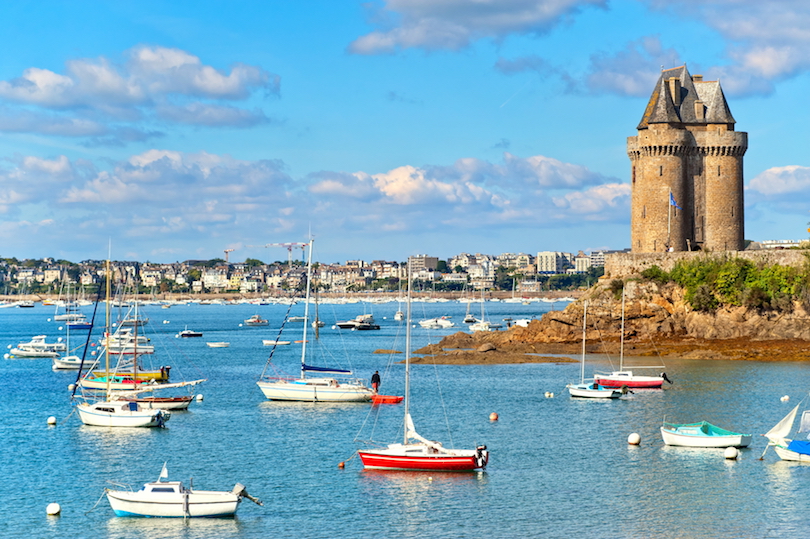
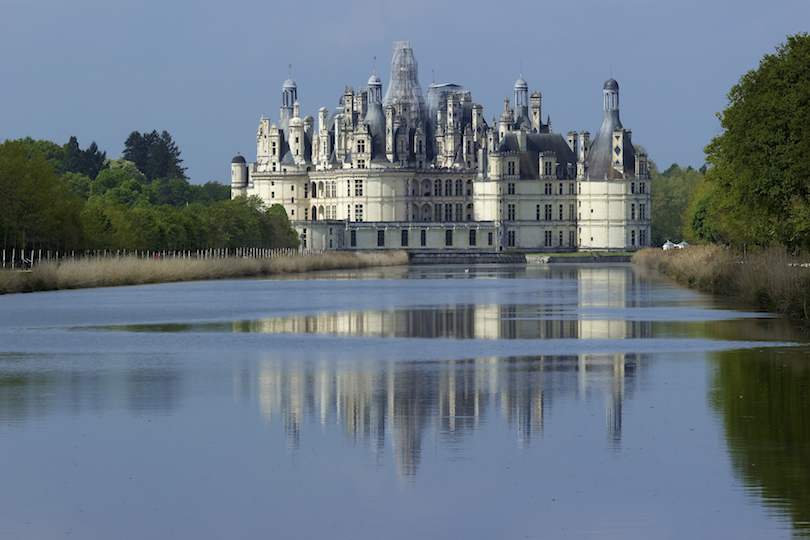
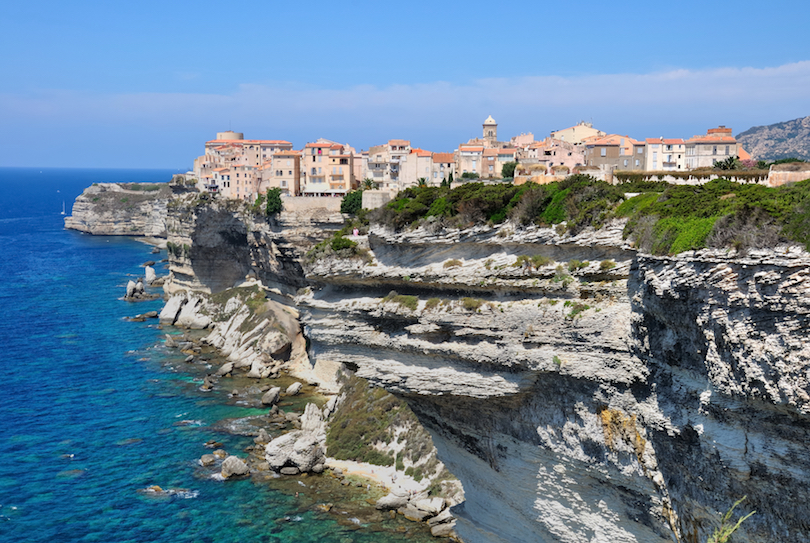
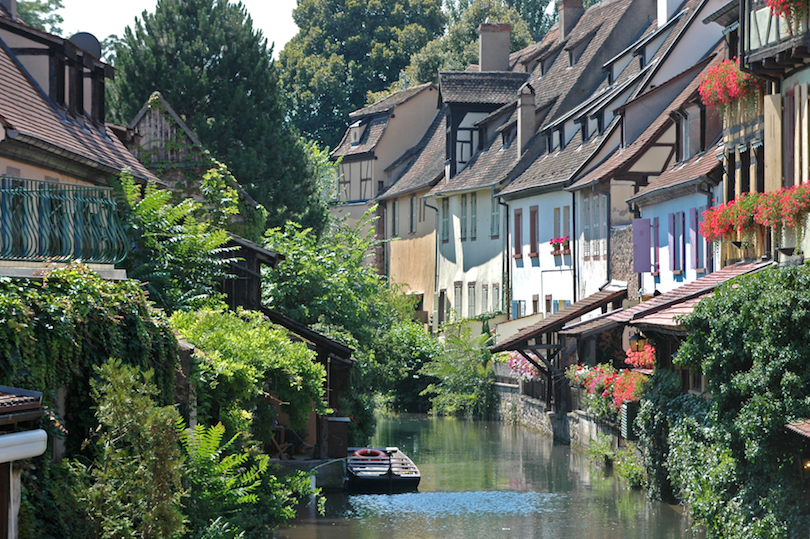
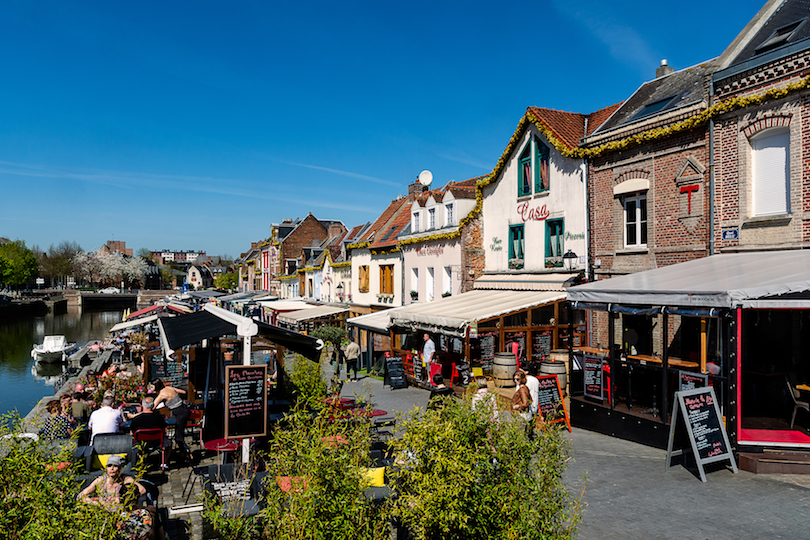
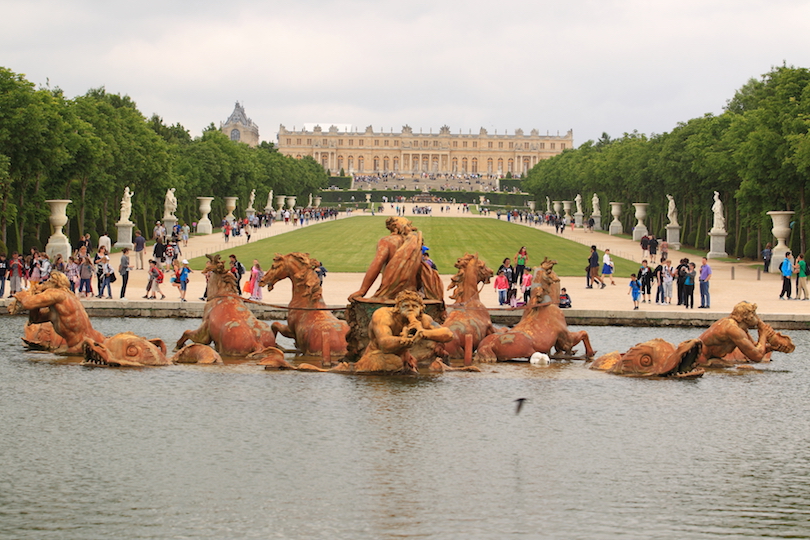
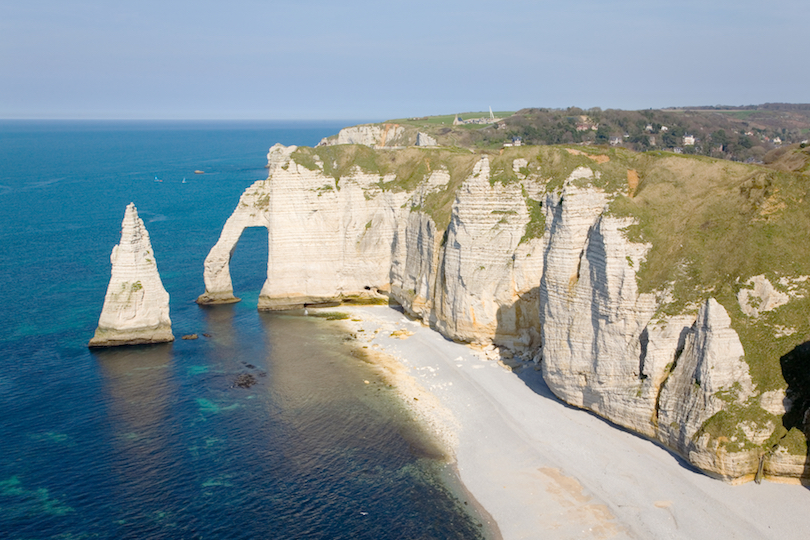
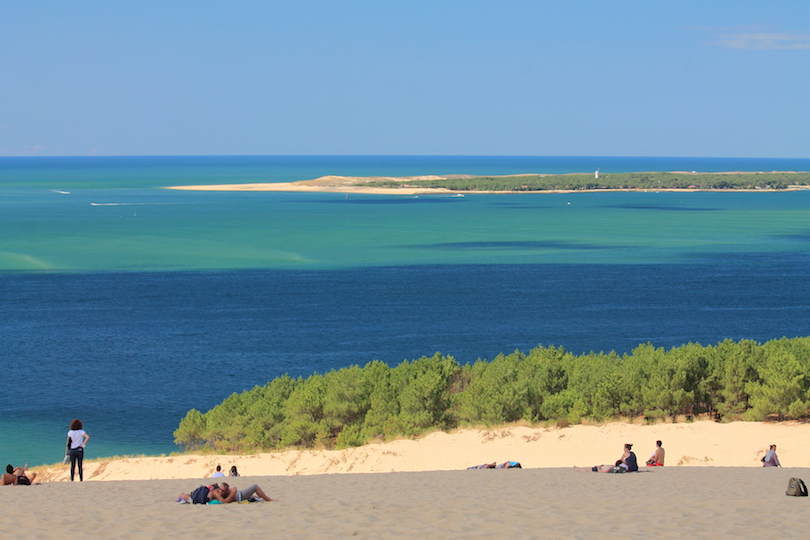
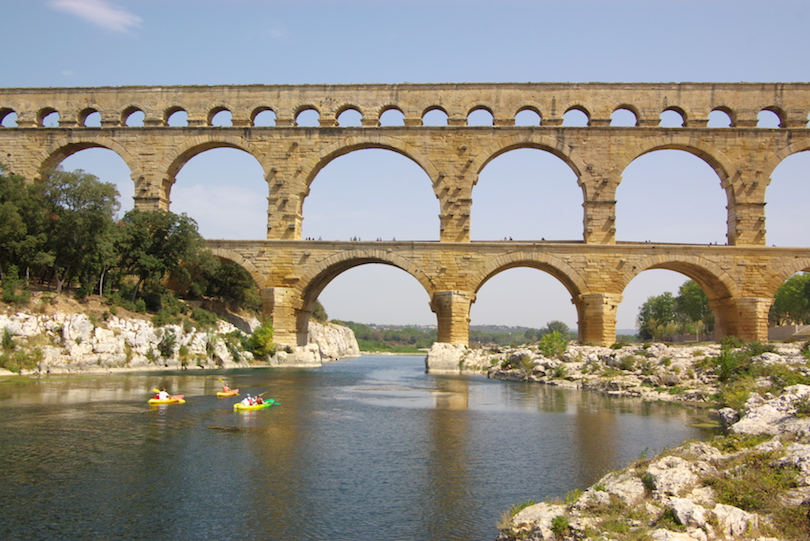
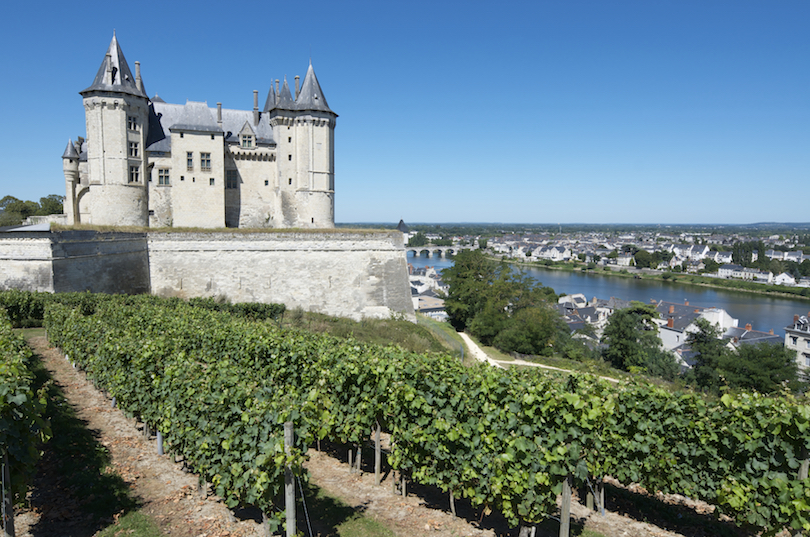
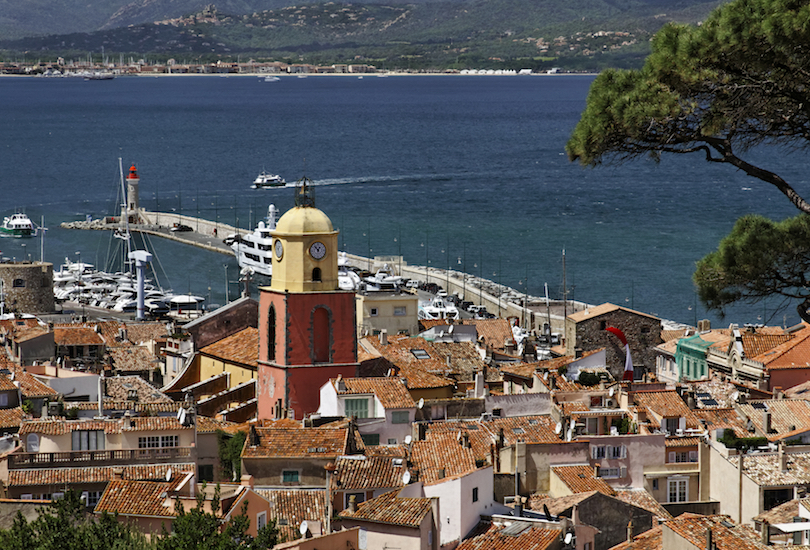
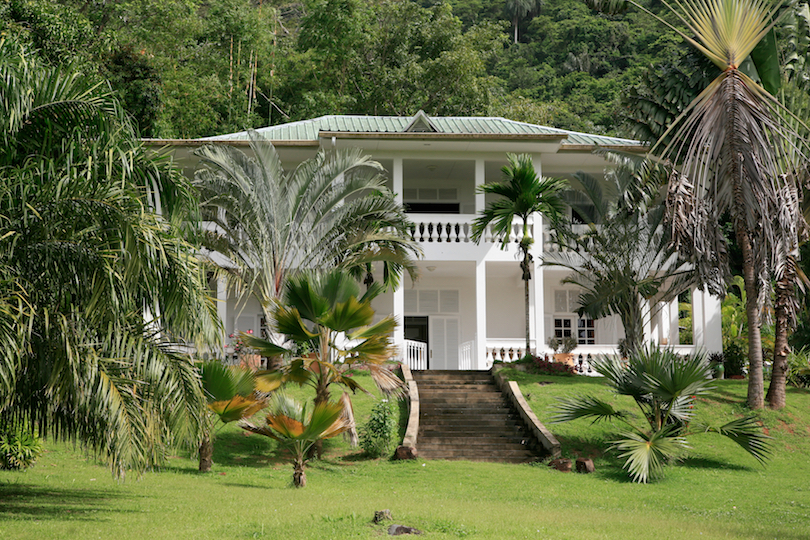
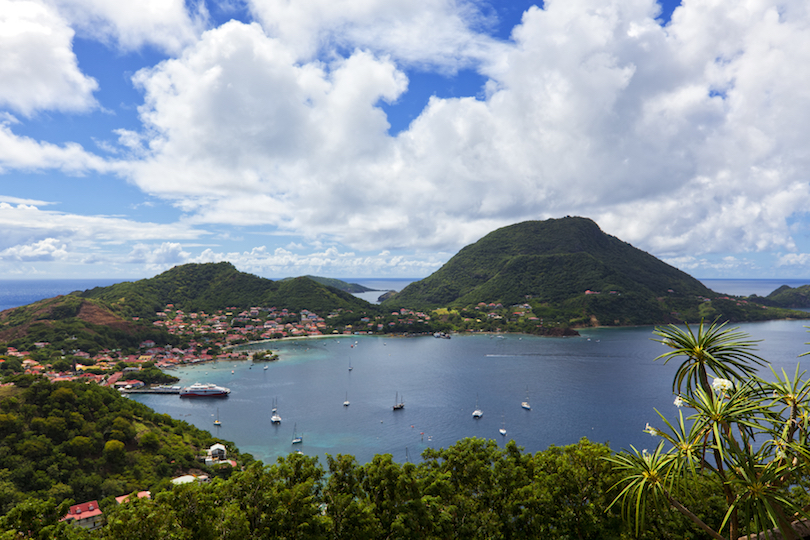
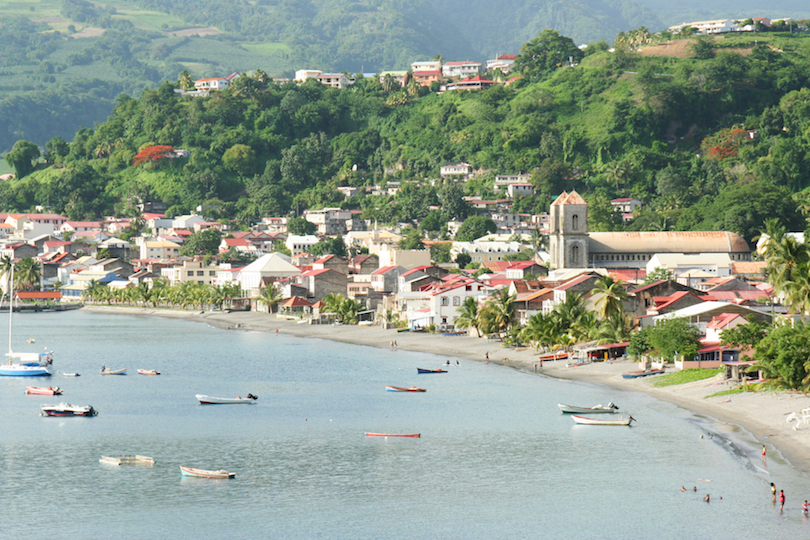
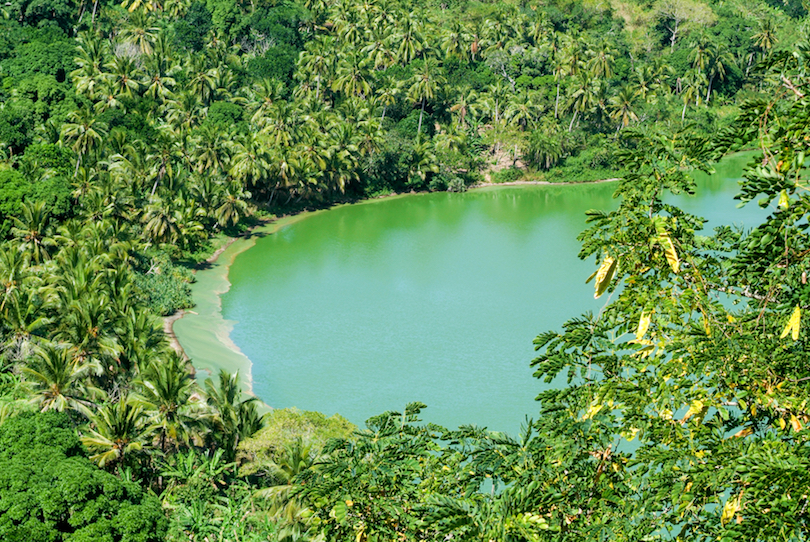

Leave a Reply